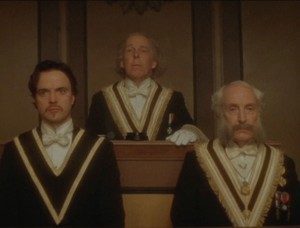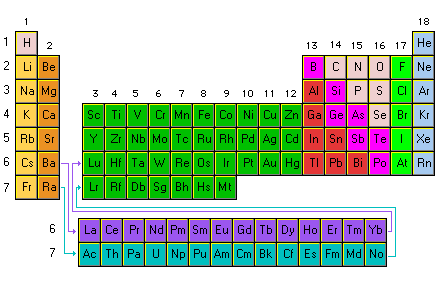 Someone is qualified as a visionary when he has the ability to see beyond his immediate horizons, because he senses where humanity is heading in some respect. Therefore, he is someone ahead of his time. A second meaning refers to that individual with an excessive fantasy and who tends to believe all kinds of chimeras or daydreams. Both meanings are closely related, since it is very common for the visionary to be considered by others as a madman or a fanciful.
Someone is qualified as a visionary when he has the ability to see beyond his immediate horizons, because he senses where humanity is heading in some respect. Therefore, he is someone ahead of his time. A second meaning refers to that individual with an excessive fantasy and who tends to believe all kinds of chimeras or daydreams. Both meanings are closely related, since it is very common for the visionary to be considered by others as a madman or a fanciful.
Characters who have defied the rules of their time
When someone opposes the status quo they are very likely to be considered eccentric. However, the strange ideas of some characters have made them visionaries. In recent history there are a few individuals who have had the ability to glimpse the course of events before they occur. A paradigmatic case is that of Steve Jobs, described as a visionary because, in addition to creating a cult brand like Apple, with his heterodox ideas he pointed the way to the digital revolution.
The figure of Gandhi can also receive this qualification, since his ideals and his vital attitude were the definitive impulse for India to achieve independence as a nation. The writer Jules Verne not only wrote adventure novels, but in them there was a world that was not yet part of reality (the French novelist predicted trips to the Moon, the electric submarine, video conferencing and even a global communications network which looks a lot like the internet).
There have been visionaries in all kinds of areas and disciplines (the Carthaginian Anibal Barca in military strategy, Aristotle and Galileo in the field of science or Enzo Ferrari in the automotive world). They all have some elements in common: nonconformity, tenacity and, above all, a different way of understanding the reality that surrounds them. In this sense, it is understandable that the uniqueness of his approaches was initially considered the classic rarity of the eccentric.

A clarification on the term
Certain terms are easily misleading, such as the word visionary. Thus, those people with supposed paranormal abilities (for example, with mental powers such as telekinesis) cannot be labeled as visionaries. The same happens with the great prophets or clairvoyants, since the prophet is the one who has been called by God to communicate with the rest of humanity and the clairvoyant has a supposed extrasensory capacity.
Photos: Fotolia - alison1414 / Drobot Dean




